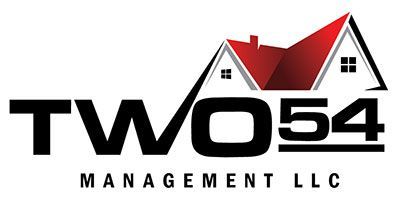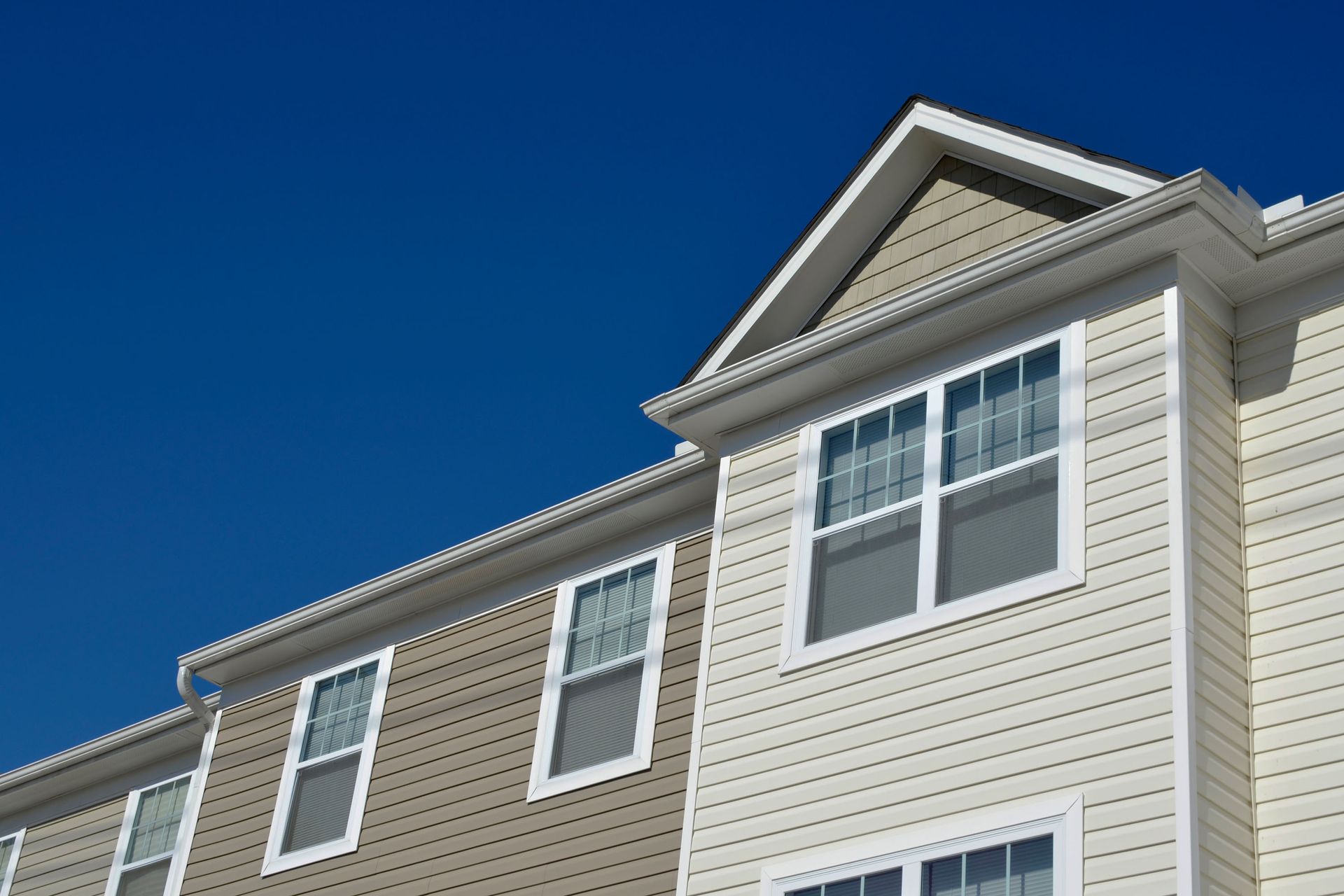5 Important Considerations for Prospective Renters
Renting a home can be an exciting yet challenging process, especially for first-time renters or those navigating a complex rental market. Understanding the nuances of rental agreements, property inspections, and landlord communication is essential to ensure a smooth experience. According to Statista, in August of 2023, the rental market stabilized after two years of rapid rent increases, during which rents rose annually by as much as 18 percent. This shift underscores the importance of being informed and strategic when choosing a rental property. In this article, we’ll explore five key considerations to help prospective renters make confident decisions and avoid common pitfalls.
1. Choosing the Right Rental Property
Finding the right rental property starts with identifying your priorities. Consider location, budget, size, and the amenities you need. Location often dictates convenience and lifestyle quality, so assess factors such as proximity to work, schools, public transportation, and local services. A rental property in a vibrant neighborhood may offer better social opportunities and amenities but could also come at a higher cost. Taking the time to research and compare multiple rental properties can help you make a well-informed choice that fits your needs and lifestyle.
Budgeting effectively is another crucial aspect. Beyond rent, factor in utilities, parking fees, and any maintenance costs. For example, older rental properties may have lower rent but higher energy expenses. Conversely, newer apartments or complexes might include utilities or amenities in the rent, which can simplify your monthly expenses.
Amenities can enhance daily living, but it’s important to prioritize them realistically. Features like in-unit laundry, secure parking, or a fitness center can add value but may also increase costs. Prospective renters should weigh which conveniences are essential versus desirable. Additionally, online platforms and local rental listings can provide a wide range of options, but visiting the property in person ensures a more accurate understanding of its condition and suitability.
2. Inspecting a Rental Property Effectively
Once you’ve identified a potential rental property, inspection becomes a critical step. Walking through the property allows you to evaluate both its appearance and functionality. Start with structural elements like walls, floors, and ceilings. Look for signs of damage, such as cracks, water stains, or uneven surfaces. These issues could indicate deeper problems that may affect your comfort or lead to expensive repairs.
Next, check essential systems such as plumbing, heating, and electrical components. Running faucets, testing light switches, and inspecting appliances can reveal potential maintenance challenges. Don’t hesitate to ask the landlord or property manager about the age of key appliances, the water heater, or HVAC systems.
Safety is another crucial aspect. Ensure doors and windows lock securely, smoke and carbon monoxide detectors are operational, and any stairways or railings are stable. Assessing both safety and functionality during the inspection helps prevent unpleasant surprises after moving in.
Finally, consider the general upkeep of common areas and the surrounding neighborhood. A well-maintained property reflects a landlord’s commitment to tenants and can serve as an early indicator of how responsive they may be to future issues. Taking the time to thoroughly inspect a rental property protects your interests and can influence your ultimate decision.
3. Understanding Rental Lease Agreements
A rental lease agreement is a legally binding contract that outlines the rights and responsibilities of both tenants and landlords. Understanding its contents is critical to avoiding disputes and ensuring clarity. Essential clauses typically include the rental amount, payment schedule, and any security deposit requirements. Rent increases, renewal terms, and penalties for late payments should also be clearly defined.
Maintenance responsibilities are another key component. The lease should specify which repairs the landlord handles and which the tenant is responsible for. Clear guidelines regarding modifications, such as painting walls or installing fixtures, prevent misunderstandings and potential lease violations.
Additional provisions, such as pet policies, guest rules, and noise restrictions, are common in many rental properties. Tenants should review these carefully to ensure they align with their lifestyle. Insurance requirements, subleasing permissions, and early termination clauses should also be clearly stated to protect both parties.
Before signing, it’s advisable to ask questions about any unclear terms and request written confirmation for any verbal agreements. A thorough understanding of the lease agreement ensures you enter your rental property with confidence and clarity, reducing the likelihood of disputes later on.
4. Communicating Effectively with Landlords and Property Managers
Effective communication with landlords or property managers is essential for a positive rental experience and can significantly impact your satisfaction with a rental property. Establishing a professional, respectful relationship from the start helps ensure that maintenance requests, concerns, and lease negotiations are handled smoothly and efficiently. When communicating, clarity is key. Providing detailed information about any issues—including dates, descriptions, and photographic evidence if necessary—reduces confusion and speeds up resolution.
Responding promptly to landlord inquiries and keeping records of all communications can prevent misunderstandings and protect your rights as a tenant. Email or written messages are often preferred because they create a clear record of requests and responses. Proactively discussing potential concerns, such as repairs, lease renewals, or changes to the rental property, demonstrates responsibility and builds trust with your property manager.
Respectful communication also involves understanding the landlord’s perspective. Scheduling repairs at convenient times, adhering to property rules, and giving proper notice for requests fosters mutual respect. Tenants who maintain open, professional dialogue often receive faster responses to issues and a higher level of care for their rental property. Ultimately, a well-maintained, cooperative relationship with landlords or property managers contributes to a more comfortable living environment and a smoother, more enjoyable tenancy.
5. Handling Common Rental Issues and Disputes
Even with careful planning, issues may arise during a tenancy. Common challenges include maintenance delays, noise complaints, or disagreements over security deposits. Approaching these situations calmly and methodically is key. Start by documenting the issue thoroughly, including dates, times, and any relevant evidence such as photos or written notes. Keeping a clear record ensures that you have concrete details should the matter escalate.
Many disputes can be resolved through direct communication with the landlord or property manager. Clearly explaining the problem, providing documentation, and suggesting practical solutions often leads to satisfactory outcomes without escalation. For instance, reporting a maintenance issue promptly or proposing a reasonable timeline for repairs can help preserve both your comfort and the integrity of the rental property.
If issues persist despite open communication, reviewing the lease agreement can clarify each party’s responsibilities and rights. Understanding the specific clauses regarding repairs, deposits, and tenant obligations can prevent misunderstandings and guide appropriate next steps. In cases where disputes cannot be resolved directly, tenants may consider mediation services or seek legal advice. Being informed about local tenant rights ensures you can take proper action without violating lease terms.
Navigating the rental process can feel overwhelming, but informed decisions and careful preparation make it much more manageable. From choosing the right
rental property and inspecting it thoroughly to understanding lease agreements and communicating effectively with landlords






Share On: